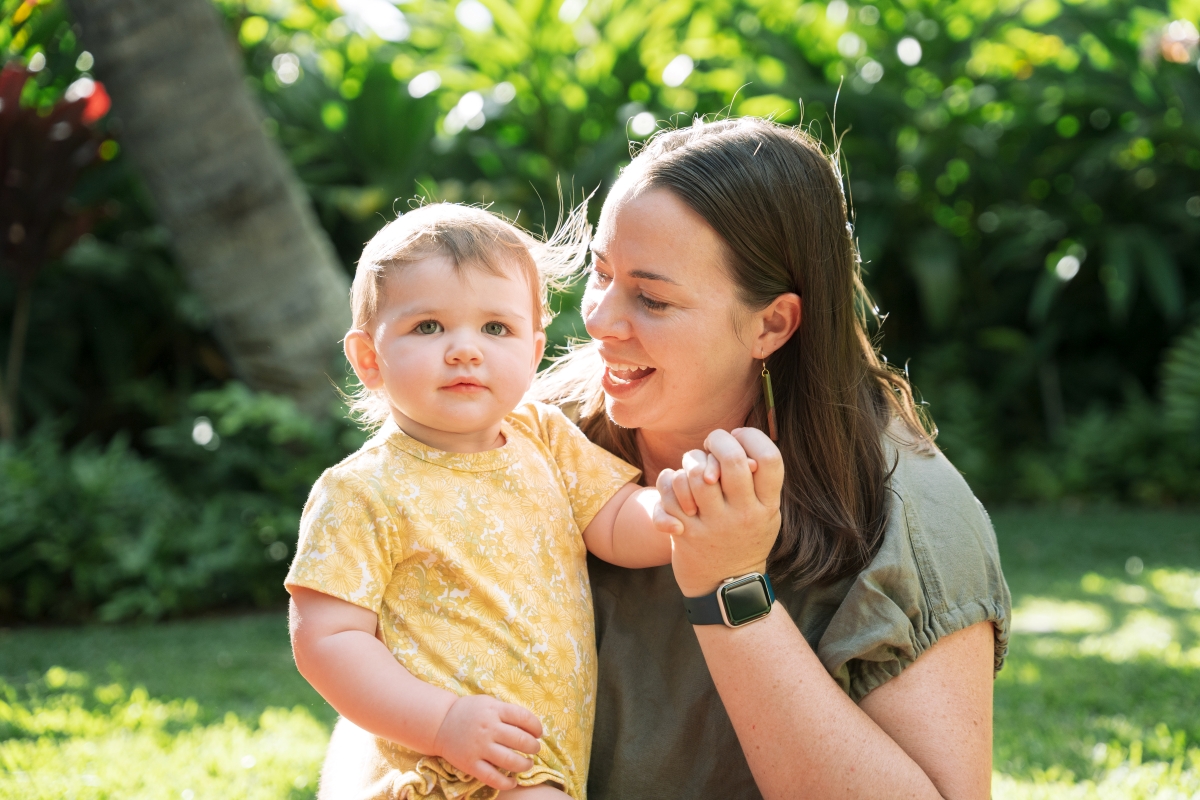A New Era of Pediatric Mental Health Care in Maui
The new Mental Health Pediatric Access Line is a gamechanger for pediatric mental health services.

When it comes to mental health care for children and adolescents, access and timely intervention are critical. Recognizing this, The Queen’s Health Systems (Queens), in partnership with the Hawai‘i State Department of Health (DOH) and the Hawai‘i Community Foundation’s (HCF) Promising Minds initiative, launched the Mental Health Pediatric Access Line (MPAL) in August 2024. This groundbreaking pilot program bridges critical gaps in pediatric mental health services across Maui County, enabling all primary care providers on Maui, Lāna‘i, and Moloka‘i to quickly connect with mental health specialists to better assess, treat, and refer patients with behavioral health needs.
MPAL is designed to enable timely detection, assessment, treatment, and referral of patients (ages 0-21) with behavioral health needs. It connects pediatric primary care providers with child and adolescent psychiatrists and care coordinators who can assist in identifying the best steps forward for young patients and their families, within 30 minutes or less. For providers in areas where behavioral health services are limited, this real-time support is invaluable. By having access to a network of mental health professionals, a local primary care provider can deliver care that feels both accessible and responsive—a significant change for communities that have historically struggled with limited mental health resources.
MPAL’s launch is the result of a dedicated collaboration between public and private entities—DOH, Queen’s, and HCF’s Promising Minds initiative—that understood the need for a seamless, easily accessible mental health support system for children. It is a true reflection of the years of groundwork laid by the Promising Minds initiative, which has played an integral role in bringing together entities from both the public and private sectors to address mental health disparities and ensure that sustainable, systemic solutions are in place. According to Dr. Anthony Guerrero, Chief of Clinical Program, Psychiatry, and medical staff at The Queen’s Medical Center, this partnership reflects a shared commitment to creating lasting change.
“The MPAL program is gamechanger for pediatric providers in Hawai‘i, offering real-time access to mental health specialists and enabling early intervention for behavioral health concerns. By connecting primary care doctors with mental health experts, we’re creating a support system that helps providers manage complex cases more effectively, ensuring timely and appropriate care for our keiki,” said Dr. Guerrero. “This program shifts the approach from reactive to proactive, allowing for early detection and intervention, which are crucial for effective mental health care. By implementing national best practices, MPAL has the potential to transform how mental health is integrated into pediatric care across the state, particularly in rural and underserved communities.”
MPAL’s innovative approach is also addressing the scarcity of pediatric mental health specialists available in Hawai‘i. By creating access to these specialists, the program is effectively increasing Hawai‘i’s mental health capacity, especially for children in isolated areas. Queen’s provides a skilled team to staff the MPAL consultation line, enabling local pediatricians and other primary care providers to connect with expertise that was once difficult to access.
Hawai‘i’s MPAL program is based on successful models from Massachusetts and Seattle, which have demonstrated impressive outcomes in enhancing accessibility to pediatric mental health care. The Massachusetts Child Psychiatry Access Program has been widely utilized, with 66% of all pediatric practices in the state using the service in 2022. Additionally, 67% of MCPAP providers reported feeling comfortable treating anxiety and depression, while 77% felt confident managing ADHD. Similarly, Seattle’s Pediatric Access Line has significantly improved access to child psychiatry services. As of 2023, 95% of calls to the support line were answered live, with over 85% being directly transferred to a child psychiatrist. As more providers in Maui County continue to familiarize themselves with MPAL, the program’s impact is anticipated to grow. By tracking and evaluating the program’s effectiveness in its pilot phase, Queen’s aims to establish a model that could eventually support pediatric mental health care statewide.
The MPAL program stands as a testament to what can be achieved through collaboration, foresight, and a shared vision for the well-being of Hawai‘i’s youngest keiki. The pilot program is a pioneering step toward a more accessible, equitable mental health care landscape for keiki across the state.
Read more Stories of Impact